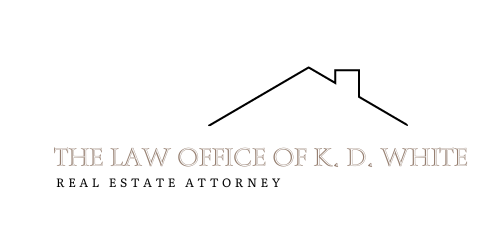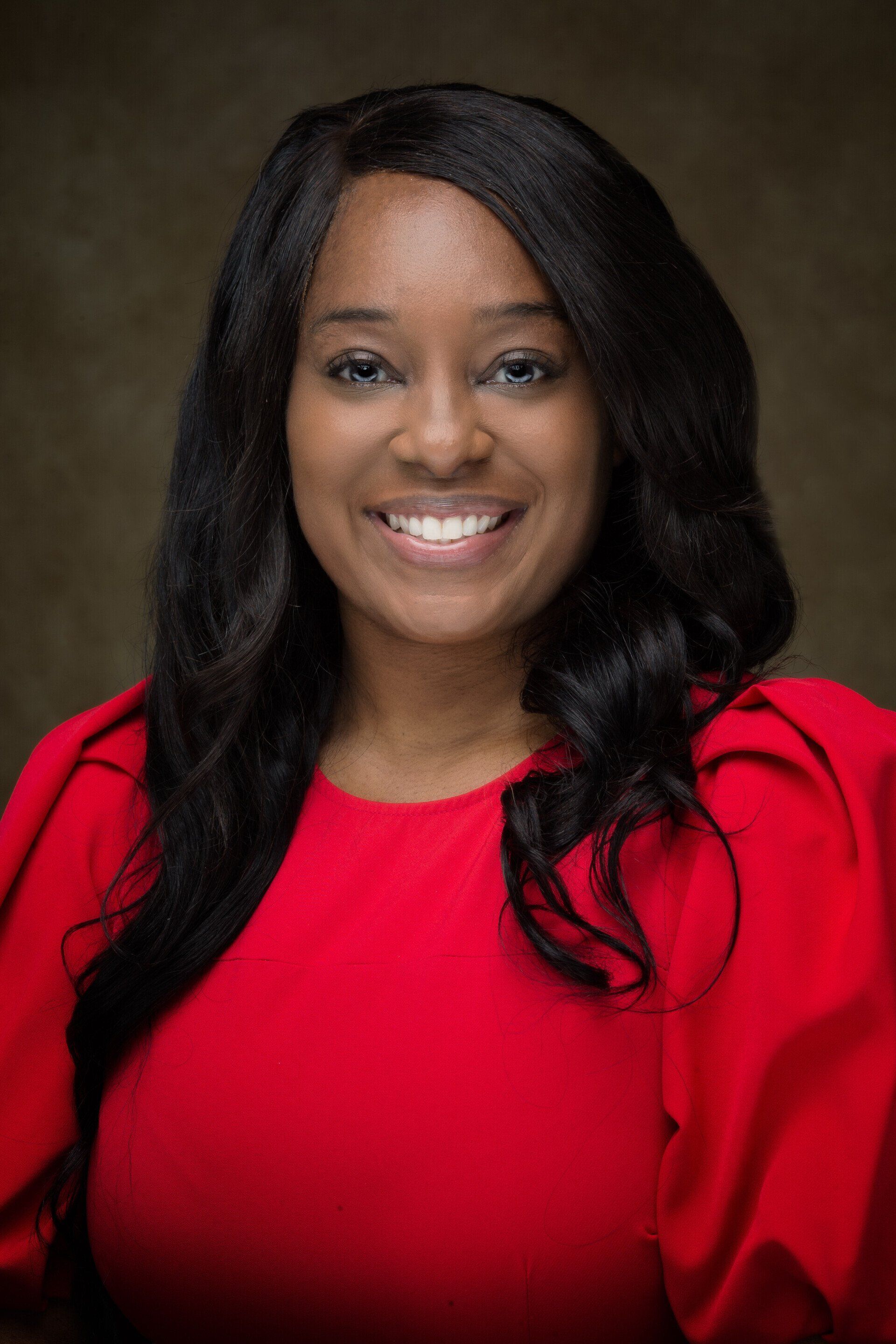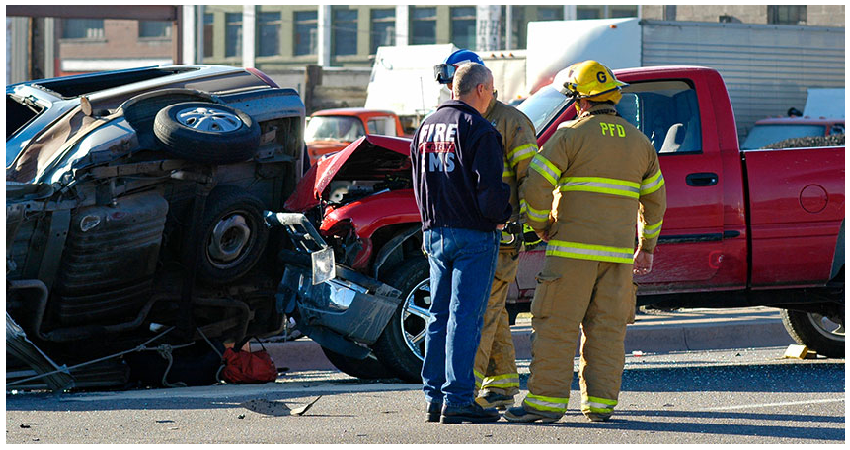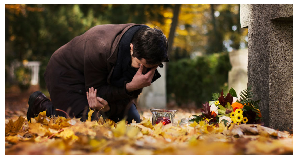Attorney Kendra White
The Law Office of K. D. White is focused on providing high-quality service and client satisfaction - we will do everything we can to meet your expectations. Attorney Kendra D. White will help you with your personal injury cases, divorce and traffic matters.
Call 910-213-3456 now to get the legal advice you need.
PRACTICE AREAS
ASSOCIATIONS
- Executive Board Member Cumberland County Bar
- 40 under 40, Fayetteville Observer, 2018
- North Carolina Bar Association Member
Personal Injury
PERSONAL INJURY & ACCIDENT
We handle cases involving bodily injuries, wrongs or damage to another person’s rights, reputation, or property arising from situations such as automobile accidents, product defects, infliction of emotional distress, intentional misconduct, and negligence.
If you are hurt, we can help.
Personal Injury cases are emotionally, physically and financially draining. At the Personal Injury and Accident Law Clinic of Fayetteville, you can take comfort in knowing that your case will be handled by an attorney and not just a paralegal from start to finish. We will do all necessary to ease your suffering and transition you back into your normal life before you were injured.
PLAINTIFF’S PERSONAL INJURY LAW
Personal injury actions require, by their very nature, that someone be injured. The requisite injury can either by physical or, in some cases, emotional. The general goal of personal injury actions is to place the blame for the injury on the party who caused it and to require them to compensate the injured for the losses sustained.
Not every injured plaintiff is entitled to recover damages for the injury he or she sustains. Besides an injury, the plaintiff must establish, through evidence, that the defendant is legally liable for his or her injuries. This requires proof of causation both in terms of actual, factual causation and proximate, or legal causation. Whether legal causation is established depends on the facts and circumstances of the particular matter in question. The defendant can be held liable as a result of either the actions that are taken, or the actions that are not taken.
Some personal injury actions revolve around legal causation derived from a concept of intentional conduct, whereby it is generally held that if one intentionally harms another, or knows that the conduct which is engaged in causes a substantial likelihood that harm will result, liability for the resulting harm will in fact attach.
Other personal injury actions have as their legal causation a looser concept of fault called negligence. Under a negligence theory, in comparison, one is liable for the results of actions, or inaction, where an ordinary person in the same position should have foreseen that the conduct would create an unreasonable risk of harm to others. Still other types of personal injury actions are based on strict liability, a no-fault system where liability may attach regardless of the fault of the various parties, including the plaintiff.
In some situations, the defendant’s conduct, while questionable, does not rise to a level that entitles the plaintiff to a recovery. For example, if a plaintiff knowingly and willfully chooses to encounter a known hazard, the law holds that he or she has “assumed the risk of injury” and therefore the defendant is not liable. Plaintiffs are denied recovery in other cases if their subjective belief about a situation does not match an objective “reasonable person” standard.
Personal injury law can involve many different types of claims, theories and principles. Some of the more common types of personal injury actions include:
- Animal bites can result in the animal owner’s liability to the person who is bitten or who is injured while trying to avoid a bite.
- Assault and battery are two intentional torts that involve improper contact with another, without permission or consent or the threat of such contact.
- Aviation accidents often result in serious injury or death.
- Defamation and privacy are two separate areas that concern the rights of individuals to have their names and reputations protected, and also to have their privacy preserved.
- Motor vehicle accidents raise numerous questions as to the liability of one participant to another and also raise interesting questions regarding who should be responsible for covering the losses.
- Premises liability concerns the responsibilities of owners of property to safeguard others from dangerous conditions or hazards on their property and to prevent others from being injured while on their property.
- Property damage causes of action concern the rights of owners of property to protect their property from damage, theft or intrusion.
- Railroad accidents may result in personal injury or death and may subject the railroad to liability.
- Slip and fall cases relate closely to the duty of an owner or possessor of land to maintain their property in a safe manner for the benefit of others lawfully entering upon the land.
CAN ANYONE BRING A WRONGFUL DEATH CLAIM?
No. Generally, most states that recognize a wrongful death cause of action limit the number of potential plaintiffs. Some states limit this group to the deceased’s primary beneficiaries, defined as the surviving spouse and the deceased’s children. Other states allow the parents of the deceased individual to bring a wrongful death claim. In addition to these individuals, some states recognize the rights of any dependent, whether closely related or not, to bring a wrongful death claim provided the person actually depended on the deceased for economic support.
Some states require any recovery gained in a wrongful death action to be divided amongst the deceased’s heirs at law or to be distributed to the deceased’s heirs at law as it would be in any normal probate proceeding. In these situations, distant relatives may receive some “trickle down” of damages, even though they were not financially dependent upon the deceased during his life. In addition, if more than one plaintiff is entitled to recover, all plaintiffs will share in the award. The manner in which the award is divided can be confusing and will depend upon the laws in the particular jurisdiction where the matter is brought.




